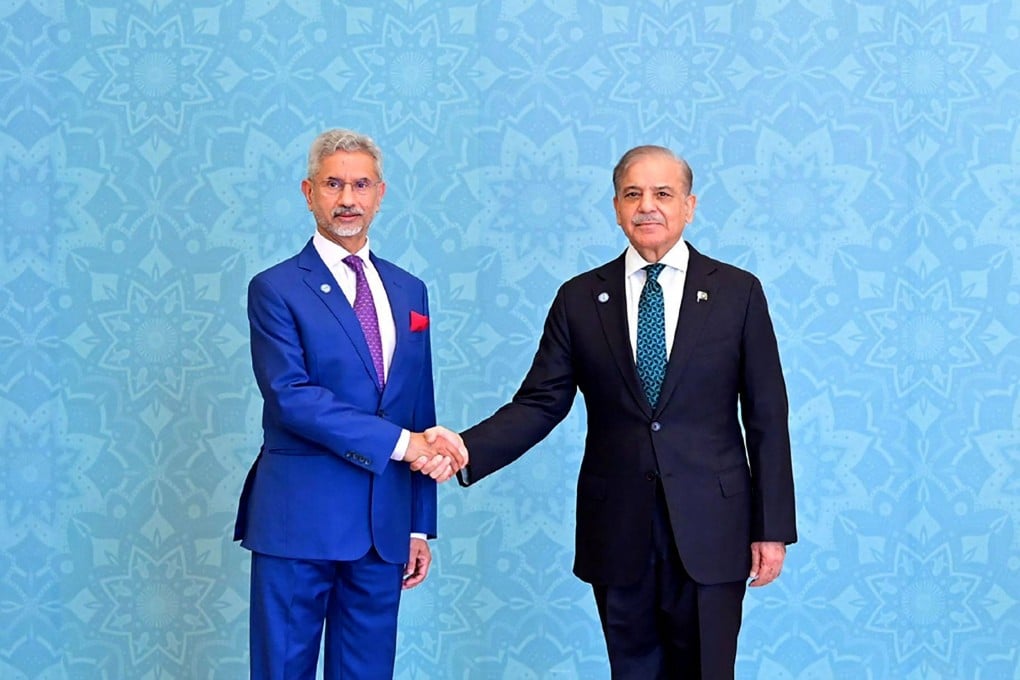Advertisement
Asian Angle | Why India-Pakistan relations need a new era of engagement
Historical examples show that the South Asian rivals can navigate their differences when their leaders embrace imaginative diplomacy
Reading Time:3 minutes
Why you can trust SCMP

Discussions surrounding India-Pakistan relations often revolve around two questions: can they manage their rivalry? And what will it take to foster goodwill in bilateral ties?
While important, these queries obfuscate a critical reality: despite their long-standing animosity, India and Pakistan have occasionally engaged constructively.
These periods of cooperation, often overlooked and underemphasised, provide insight into how these nuclear-armed rivals might work together, even amid significant tensions.
Advertisement
This duality of conflict and engagement characterises their postcolonial history, presenting a complex narrative of rivalry interspersed with attempts at collaboration.
The year 2019 serves as a poignant illustration of this conflict-engagement dynamic. In February, a terrorist attack in Pulwama, Kashmir, led to a retaliatory Indian air strike into Pakistani territory, which escalated into an aerial dogfight that resulted in the capture of an Indian pilot. It reportedly took intense backchannel diplomacy from the United States to de-escalate the situation.
Later that year, in August, the Bharatiya Janata Party-led government in New Delhi revoked Kashmir’s special constitutional status, which led to a freeze in India-Pakistan relations. Since then, bilateral trade has effectively ceased, diplomatic ties have been downgraded, and people-to-people interactions have been dramatically reduced.
Advertisement
Select Voice
Choose your listening speed
Get through articles 2x faster
1.25x
250 WPM
Slow
Average
Fast
1.25x

